![[feature] Jennifer-Lawrence](https://www.rd.com/wp-content/uploads/2017/11/04_How-to-Find-the-Right-Blonde-Hair-Color-for-Your-Skin-Tone_EDITORIAL_9188798aa-Chelsea-Lauren_Deadline_REX_Shutterstock-760x506.jpg)
Not sure if you should go for Blake Lively's sunny blonde, Gwyneth Paltrow's cool blonde, or Jennifer Aniston's bronde? Here, celebrity stylists explain the differences between the shades and which one you should select based on your skin tone.
[post_ads_2]
The importance of skin tone when it comes to hair color
When
it comes to hair color, skin tone is an important piece of the puzzle.
After all, genetics predict both features naturally, so if you're
altering that hue, it's maintaining that balance between shades will
ensure a look that feels right. For this reason, colorists pay close
attention to the skin undertones of their clients when customizing color
formulas and application techniques. "It is important to know the
basics of tone and color, and color theory in order to create a look
with intention and deliver optimal hair color results," says Christine
Thompson, celebrity colorist and co-owner of Spoke & Weal
in New York City. While there's certainly no right or wrong, since
every shade is unique, Thompson says the key to mastering the right hue
is to opt for rich tones rather than cool. "These rich tones will look
beautiful and natural on almost everyone." To help make sure you choose
just the right blonde for you from the hundreds out there, we asked top
stylists to share the best shades for each skin tone. And when you do
land on the right shade, you'll want these tips to make your hair color last longer.
[post_ads_2]
If you have fair skin
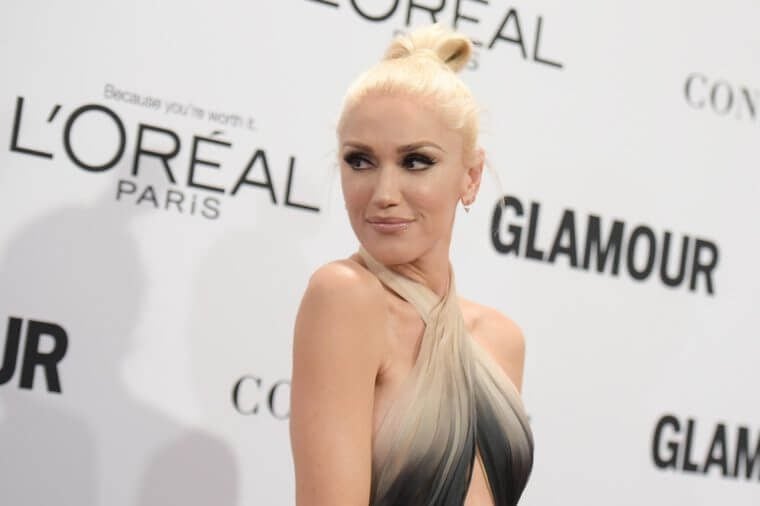 |
| Is |
your skin light as porcelain? Deycke Heidorn says it's perfect for a
fairy tale light pastel blonde. "Going light blonde requires the highest
level of hair bleaching," she says. "This might sound unhealthy for
your hair, but color companies have created amazing products to prevent
the hair from breaking while bleaching it." For clients with this color
skin, Heidorn mixes Bond Builders (intensely nourishing ingredients)
with the color products to protect your hair. And a must for upkeep is
for her clients to use a solid purple shampoo on the reg once they leave
the salon to keep the hair color from turning brassy. Here are other hair color mistakes you need to stop making.
If you have light skin
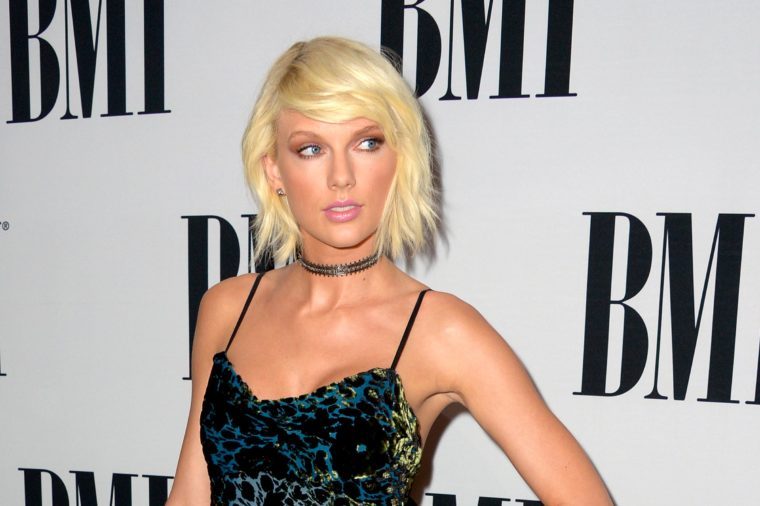 |
"Those
with light skin generally fall in the 'cool' category and can wear more
ashy toned blondes and browns," says Giselle, celebrity colorist at Pierre Michel Salon
in New York City. "In other words, no golden blondes or butterscotch
browns." Think champagne or Scandinavian blonde. Those who have a hard
time pulling off this coolness when it comes to blonde coloring are
those with warmer, or olive-type skin. For those clients, Giselle
suggests going warmer. "It gives them a more youthful appearance." (More
on that later!). Find out the secrets your colorist won't tell you.
[post_ads_2]
If you have medium skin
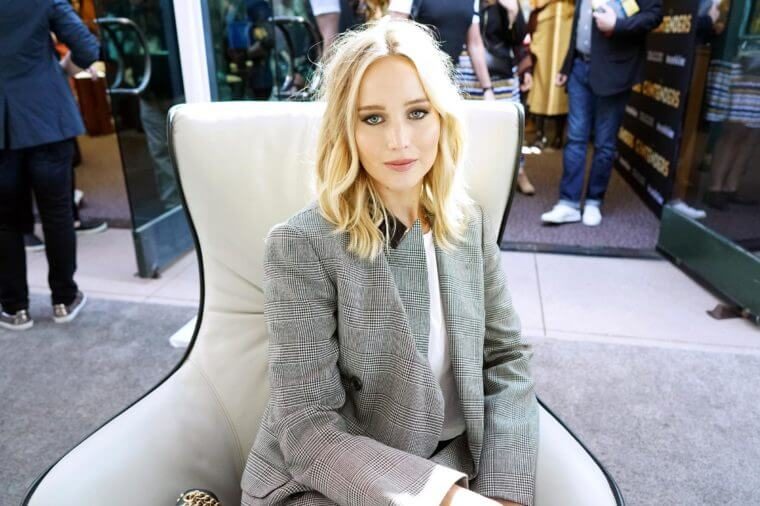 |
Those
with medium skin have the best of both worlds—they can flirt between
warm and cool tones and both will look very natural. "Medium skin women
can generally wear more shades than anyone, but nothing too extreme,"
says Giselle. Heidorn agrees, noting that warmer blonde tones like gold
might make someone's hair appear brassy. "A natural medium blonde base
with cold and ash highlights will give you a fresh appearance," she
says. To achieve this ideal hue, she recommends hair painting and baby
lights. "This way, the lighter shades blend more naturally." Here are
some tricks to stretching the amount of time you go in between appointments.
[post_ads_2]
If you have warm skin
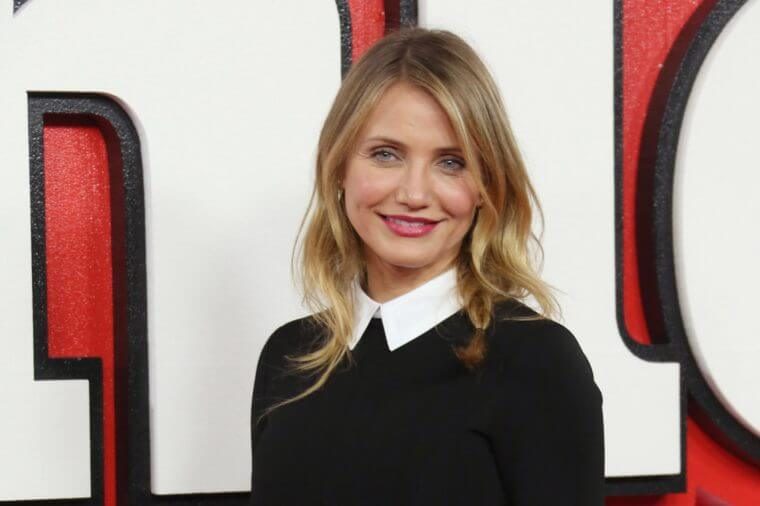 |
If you have warm skin, you can stick with an analogous color scheme, says Thompson. "Gold, soft gold, golden beige, neutral blondes all would work best and easiest." If you do move outside these undertones, she recommends considering root, eyebrow and makeup applications that can help complete and connect the look. Do be careful with colder and ashy tones, as Heidorn warns that they may be too much of a contrast for your skin and may appear unnatural. These are the 12 worst things you can do to your hair.
[post_ads_2]
If you have olive skin
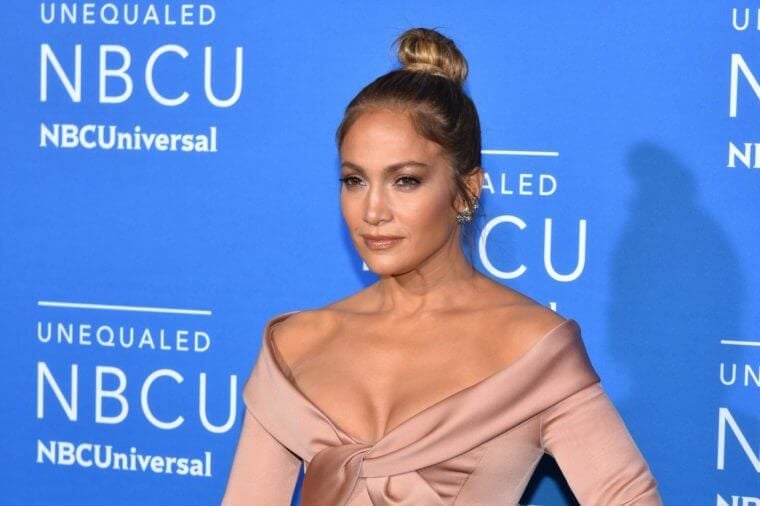 |
If your skin tone is more Mediterranean, or olive, Thompson recommends proceeding with an analogous palette (a range around that olive tone), which would be soft gold, warm beige, soft copper. "If you go with a cool or violet red, this could bring out the green in their skin in a way that is unflattering," she says. "The analogous color range is a safe, easy, natural place to stay." If you do go outside of this range, she recommends against incorporating a great deal of color contrast. "The more of a contrast you have in the undertone or depth of the blonde, this causes more contrast to come out in other areas which can bring out imperfections in the skin." You should also consider your skin tone when selecting makeup shades. Here's how to find the best lipstick for your skin tone.
[post_ads_2]
If you have tan skin
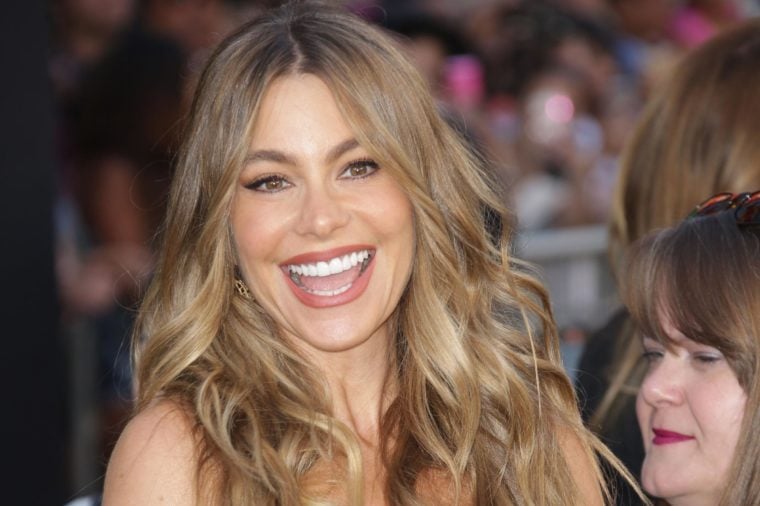 |
If your hair is naturally medium to dark brown, and you consider going blonde, Heidorn suggests a mix of darker and lighter blonde tones. "This technique uses two or more warmer blond tones that are painted mainly into the lengths of your hair," she says. "Using different shades will add dimension and volume. Leaving your roots natural, the warmer shades in your lengths will create a gorgeous frame for your face."
[post_ads_2]
If you have dark skin
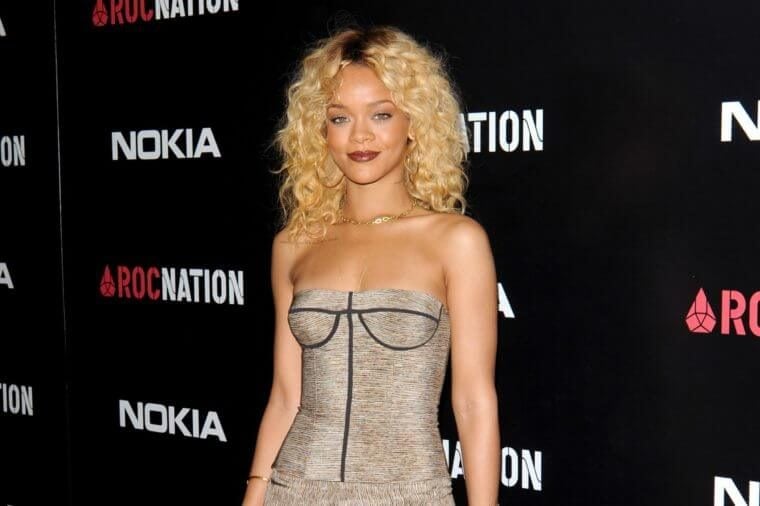 |
"When
your skin and hair is darker, going blonde is a fashion statement,"
says Heidorn. "You can go from platinum to a golden hue—almost
anything!" She does warn against basic highlights or balayage for women
with a dark skin tone, since these techniques won't have the impact and
may look messy when the hair color is dark. "You need an overall, even
color change," she adds. Whatever color you choose to go with, keep your
roots natural. "Save about two inches of hair growth and have your
colorist lighten your hair in your desired blonde towards lengths and
ends," she says. "This way, your re-growth will naturally blend in." Learn how to understand "salon-speak," including learning what balayage means, before your next appointment.
[post_ads_2]
If you have deep skin
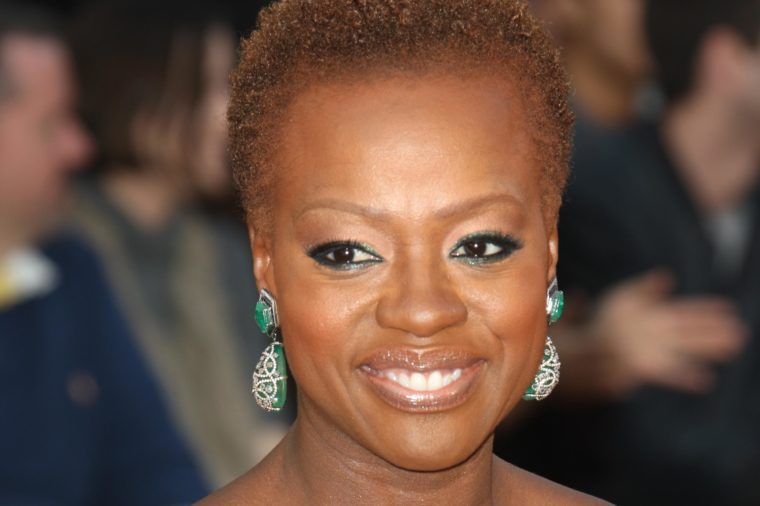 |
"Deeper skin tones work best with a deeper base color, especially around the face," says Chelsea Smith, master colorist for Madison Reed. Balayage or ombré blonde are her go-tos for clients with this skin tone. "For warmer undertones, honey, sable, and caramels work best and for cooler undertones, I lean more towards baby blonde pieces in front." Next, learn the best eye makeup shades for your eye color.
























